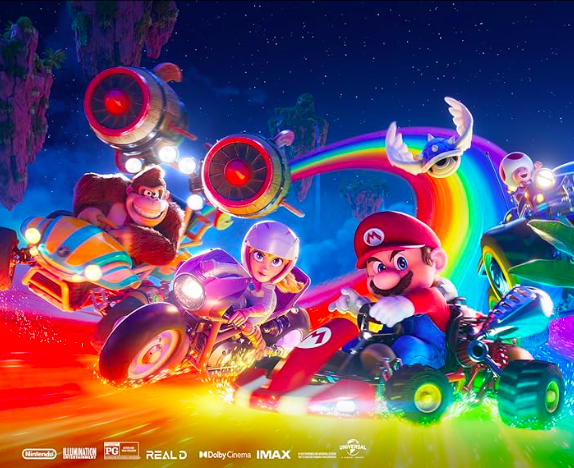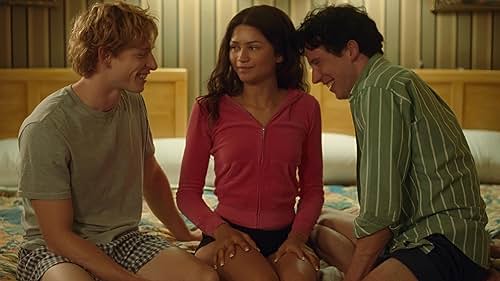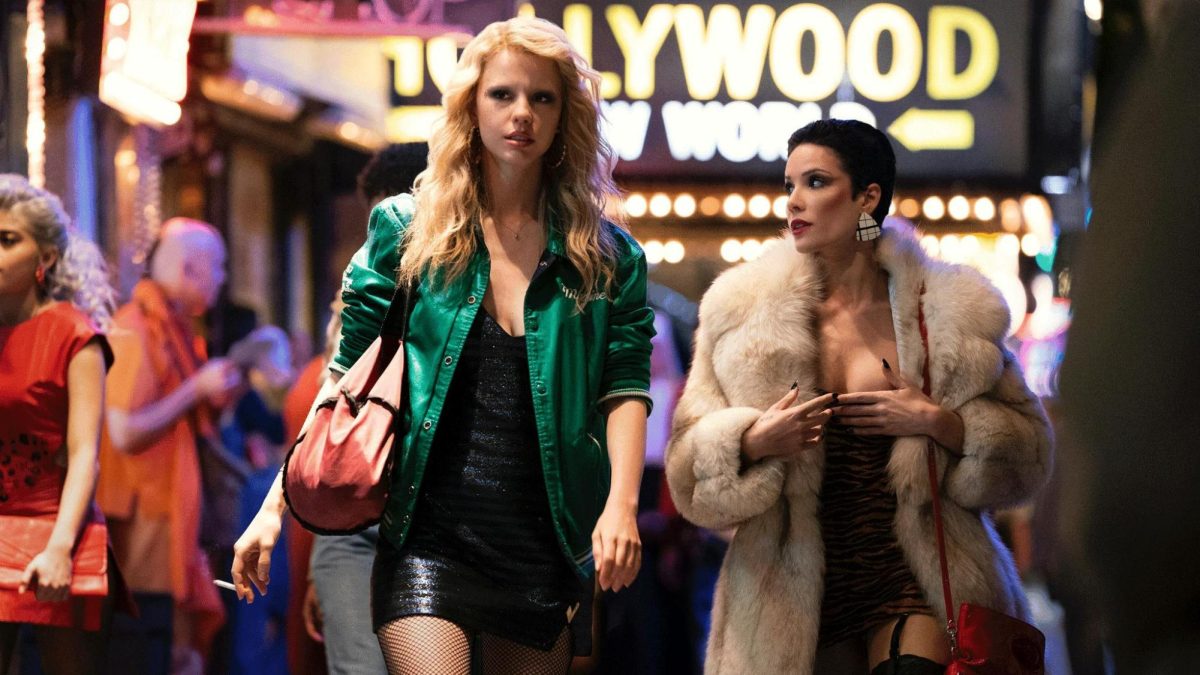I recently watched “No Time to Die,” the 25th film in the James Bond series and left the theater satisfied with the movie’s ending. Yet, what really struck me about the movie was its underlying message about endings.
The film will be the last in the franchise to house Daniel Craig as the titular secret agent, hence it is only fitting that the movie is above all a statement regarding the acceptance of the end of all things; of loss, of moving on and how the temporary nature of life is what gives it meaning. (Don’t take that as a spoiler.)
As I walked out of the theater, I took these messages as an implication about movies in general; we don’t need to make a sequel, remake or spinoff for every single big Hollywood movie that manages to make a profit. It’s okay to make a movie and say, “this was good, now let’s leave it be.”
The reality is that Hollywood is milking too many movies with unnecessary sequels for the sole purpose of a quick buck.
So, perhaps Hollywood’s overreliance on sequels is a symptom of the main problem: pure greed and capitalism. The industry knows people are more likely to see movies about characters or franchises they’re familiar with. It’s the exact reason why Disney is trying to make unnecessary, dull live-action adaptations of its classic animated movies, and why the Star Wars franchise has about a dozen different installments and the Fast & Furious franchise has nine. (To be fair, James Bond is one of the longest-running franchises in film history, with movies going back as far as the ‘60s.)
These undying franchises have a fair share of solid, well written movies, but are balanced out by just as many (or more) terrible duds. A rule of law in the world of cinema is that, when a studio keeps on making variations and sequels of the same movies over and over, they tend to get worse with each installment. Not only that, but they can cheapen the endings of previous installments by retconning or contradicting a resolution designed to give closure to the story.
Since the main motivation of sequels and remakes is often money, the studios end up finding ways to invalidate the previous movie’s ending merely to continue the franchise. As audience members, we saw this with the Alien movies, the recent Star Wars sequels (and arguably back to Episode VI, with the creation of a “new” Death Star solely for the plot,) the Marvel and DC superhero franchises and many more films with the usual twist of a supposedly dead character or defeated group that is somehow back and better than ever – or a new villain that is really old wine in a new bottle.
Of course, this is not to say that no movies should have sequels, (I would rather sequels over the recent trend of making four-hour superhero movies.) In the case of series like Toy Story, the studio manages to miraculously make sequels as good – if not better – than the previous installment, introducing new themes and storylines that add to rather than take away from the original.
However, these handful of movies are exceptions. What studios need more of is restraint. Then again, why would they if the bottom line is more money and not quality art? There are so many new, original movies that haven’t been made yet that could make the same amount of money as a new James Bond or Marvel movie yet, since movies are so expensive to make, relying so much on sequels crowds out the fresh ideas that studios need.
Imagine if the original Star Wars was never made because 20th Century Fox canned it in favor of some mediocre remake? Fortunately, we’ll never know because they took a chance with George Lucas’ revolutionary space-opera / western influenced – by everything from samurai flics to pulp fiction comics to Isaac Asimov novels to ancient mythology – idea.
Right now, the next game changing breath of fresh air is waiting to be taken. That is, if only a Hollywood studio would give it a chance over another disappointing big-budget sequel. If current trends continue, that seems unlikely.
Liam Rue can be reached at [email protected].




















Kevin M. • Mar 4, 2022 at 9:06 pm
Agree completely. I think George Lucas said it best when he stated that movie studios today have a “fear of creativity.” If I’m not mistaken, about 50%-60% of current Hollywood releases are either sequels or reboots of existing franchises.
But, incentive structures are what ultimately drive behavior of any kind. Film studios are essentially corporations that are accountable to shareholders, so the main incentive for them is to constantly increase the bottom line, not to take chances on unproven film ideas that could decrease that bottom line (to the detriment of audiences that crave something new).